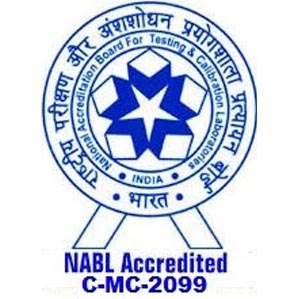What is Arrhythmia?
Symptoms
Many cases of arrhythmia cause no symptoms. But when they are present, the most common ones are:
- Sweating
- Fast or slow heart beat
- Chest pain
- Shortness of breath
- Fluttering in your chest
Risks
The main risk factors are:
- Heart diseases
- Thyroid problems
- Electrolyte imbalance
- Diabetes
- Caffeine or nicotine use
Prevention
- Eat fibre-rich food
- Exercise regularly
- Limit alcohol intake
- Healthy lifestyle
How is it diagnosed?
Doctors diagnose arrhythmia based on family and medical history, a physical examination and the outcomes from tests and procedures.
- Holter monitor
- Implantable loop recorder
- Electrocardiogram
- Tilt table test
- Event monitor




